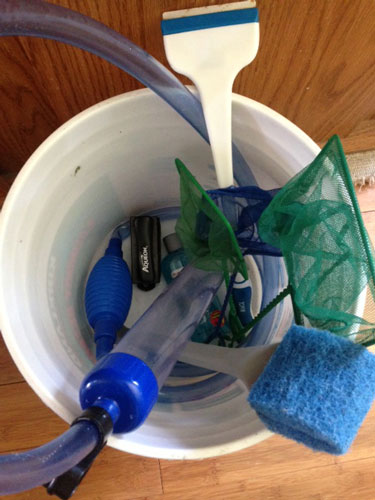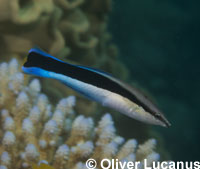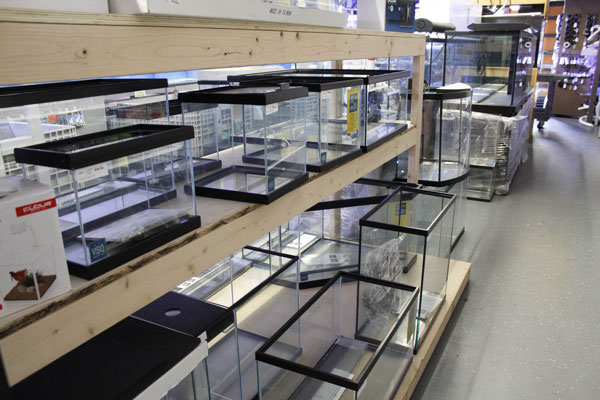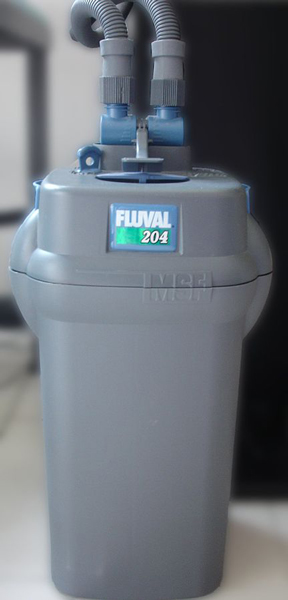For many people, hair care takes up a significant part of the time spent on overall grooming and this is understandable. After all, hair is always on view so if you care about your appearance you naturally want your hair to look good, smell pleasant and feel soft and silky to the touch and this takes time and effort.
You may have heard it said that it isn't necessary for us to wash our hair using shampoos and conditioners as in a natural state of being our hair would cleanse itself. Perhaps this is true. Indeed there are cultures that don't use any products on their hair other than water and perhaps a few herbs.
However, particularly in the western world today, our hair is constantly exposed to wind, sun, rain, pollution, smells, smoke etc. and therefore it needs to be washed, regularly, which in itself can be harsh on our hair, and if we don't wash it, many people find that their hair can quickly become dirty looking.
What makes our hair dry or greasy?
The sebaceous glands on our scalp produce sebum, an oily substance composed mostly of fatty acids that helps to protect our scalp and prevent infections. It is sebum that moisturizes the scalp and the hair and which gives hair its natural shine, but the amount of sebum produced varies quite significantly from individual to individual and is influenced by genetics, environment, diet and overall health, chemicals and so on.
It's really quite simple, if for whatever reason you don't produce enough sebum or if the pores are clogged or the sebum cannot easily work its way down the hair shaft (as in very curly hair for example) then your hair is more likely to be dry. If on the other hand you produce a lot of sebum then your hair is more inclined to be greasy.
We all have different hair types and the secret to proper hair care is catering for your particular hair type. Sometimes hair can be greasy near the scalp and dry towards the ends of the hair. In these cases you need to treat each area appropriately. In other words, the ends of the hair may need intensive conditioning but the hair near the scalp doesn't.
You may hear some people say they have to wash their hair every single day or it will become too greasy. However, washing the hair too frequently can stimulate the sebaceous glands into producing even more sebum and exacerbate that very problem. If they changed their routine and started washing their hair every other day then the sebaceous glands would eventually adapt and start producing less sebum.
How to prevent problem hair
Many people don't think about the condition of their hair until they have a really bad hair day and start to notice problems but by then it's too late. Actual hair is dead, it has no living cells, so once this hair is damaged there really is very little you can do other than disguise it, prevent further damage, or cut it, as it cannot repair itself so will never be restored to perfect condition. Proper hair care involves three things in the following order.
First you need to feed your hair from the inside through diet so that you give your hair the best start before it even makes an appearance on your head. This means eating a balanced diet with plenty of fresh fruits and vegetables, and drinking plenty of water. However, you might also want to consider taking fish oil as this contains essential Omega 3 fatty acids that are important for healthy hair and sebum is composed mostly of fatty acids.
Secondly as the hair follicle, the sebaceous glands and the actual roots of the hair are very much alive beneath the skin, it's so important to look after the scalp by keeping it clean, moisturized and nourished as the condition of the scalp will influence the condition and growth rate of your hair. This means using natural products that don't contain harsh ingredients which can damage the scalp. You must also avoid the use of sharp combs and hair accessories and never pull or tug at your hair which will put pressure on your scalp.
Finally you need to maintain the condition of the hair itself and take steps to prevent or at least limit damage. This means staying out of the sun as much as possible which will dry the hair, using appropriate products for your hair type, and ensuring that the hair is conditioned regularly to replace loss moisture. You also need to limit the use of heating implements such as hair dryers, curling tongs and hair straighteners, and if possible avoid the use of dyes, bleaches and other chemicals which will all take their toll on your hair.

 Catch More Salmon - Follow These Simple To Implement Techniques
FLAT Rigs outriggers, shock cord snubber, and rigging kit i
Catch More Salmon - Follow These Simple To Implement Techniques
FLAT Rigs outriggers, shock cord snubber, and rigging kit i
 What to Keep in Your Aquarium Maintenance Bucket
It is too easy for hobbyists, especially new ones, to become
What to Keep in Your Aquarium Maintenance Bucket
It is too easy for hobbyists, especially new ones, to become
 Cleaner Wrasse
Cleaner Wrasse
 Five Tips for Freshwater Aquarium Success
You spent countless hours researching the latest products to
Five Tips for Freshwater Aquarium Success
You spent countless hours researching the latest products to
 Canister Filters
In this article we will deal with a type of filter that many
Canister Filters
In this article we will deal with a type of filter that many